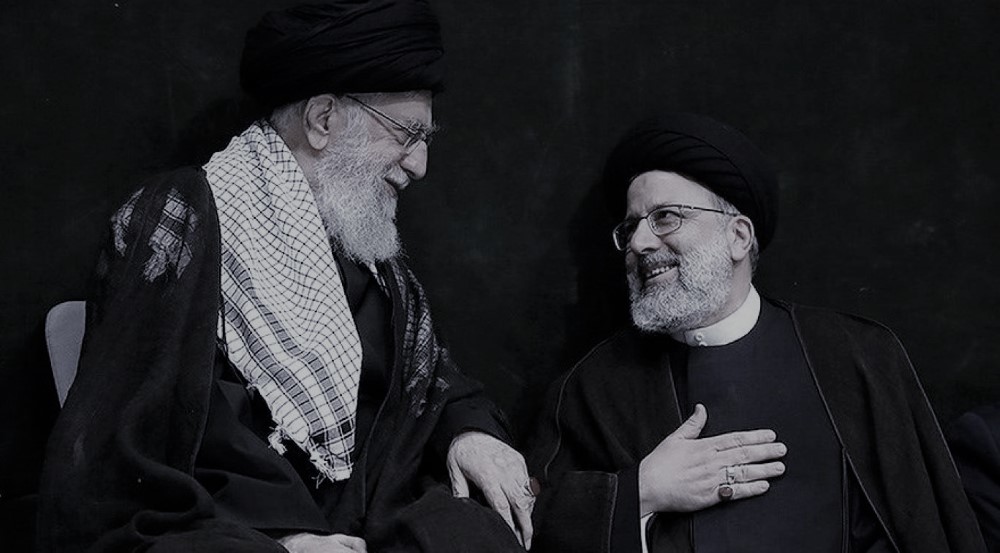Candidate registration for Iran’s fraudulent presidential election ended this week. The outcome is the result of a system structured to represent the will of the theocratic supreme leader, regardless of the contestants or the result.
Only those committed to the regime’s supreme leader will be accepted by the Guardian Council, which consists of 12 members.
Six clerics make up half of the Guardian Council, and the supreme leader has the authority to name them directly. The remaining six members are religious jurists who are nominated by the judiciary president, who is named by the supreme leader. As a result, the Committee is effectively structured to explicitly and implicitly represent the supreme leader’s interests.
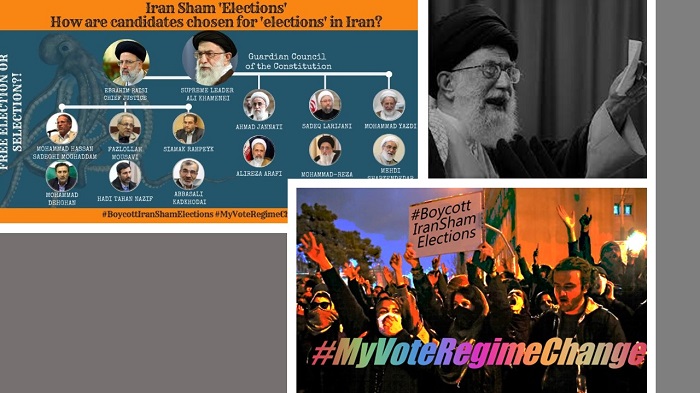
All of this accentuates the measures that the regime is implementing and refining as part of its ongoing attempt to preserve an unbroken line of doctrinaire thinking and policy.
Indeed, the Guardian Council explicitly lists allegiance and ideological purity as requirements for approving candidates for high office. Such standards apply equally to candidates from the “reformist” party, highlighting how misleading the term is.
President Hassan Rouhani of the regime has been the standard-bearer for reformists for the past eight years, and his government has overseen no major improvements in the behavior of Iranian authorities both at home or abroad.
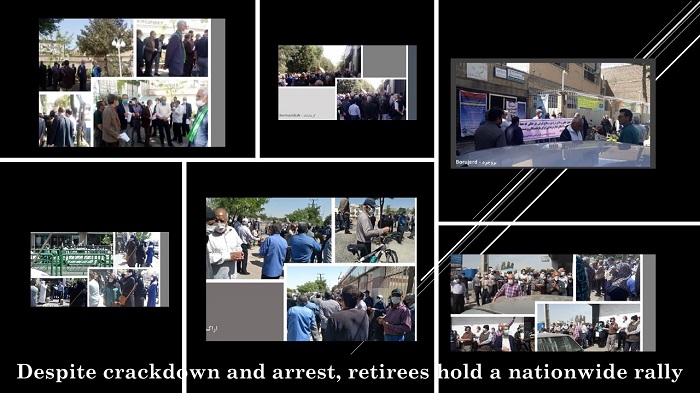
In reality, the average rate of executions during Rouhani’s presidency was higher than during his “hard-line” predecessor, Mahmoud Ahmadinejad’s eight-year presidency.
The Rouhani period also clashed with some of the worst crackdowns on discontent in the Iranian regime’s four-decade history, including the November 2019 incident in which authorities opened fire on crowds of demonstrators across the region, killing 1,500 people.
In an interview with the regime’s Foreign Minister Javad Zarif that was leaked to Iranian state media, significant disagreements between the two factions were exposed, as well as Zarif’s harsh criticism of respected hard-line figures like Qassem Soleimani, the terrorist Quds force’s commander who was killed in a US drone attack early last year.
In fact, Zarif admitted in his commentary that figures like Soleimani have always been the true decision-makers in matters of Iranian foreign policy, and that civilian leaders like himself have always supported that position.
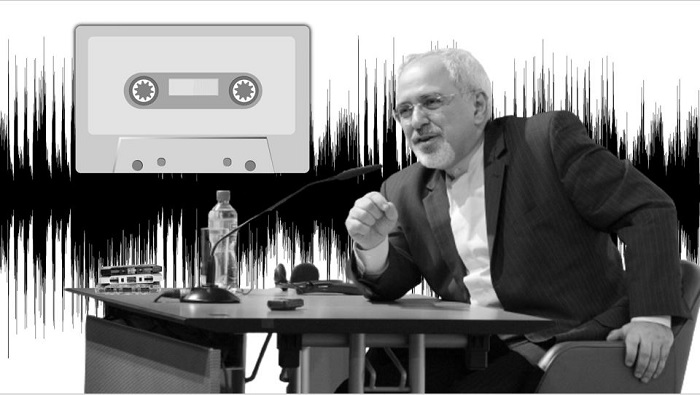
The Iranian regime has emphasized the proto-democratic aspects of the mechanism in its history in order to justify its own legitimacy.
However, Iranian people are increasingly rejecting that narrative in favor of demands for a genuinely democratic structure led by representatives who are not affiliated with the political administration.
“Resistance Units” affiliated with the People’s Mojahedin Organization of Iran (PMOI/MEK) have staged protests and circulated messages in recent weeks urging people to boycott the presidential election in order to “vote for regime change.”
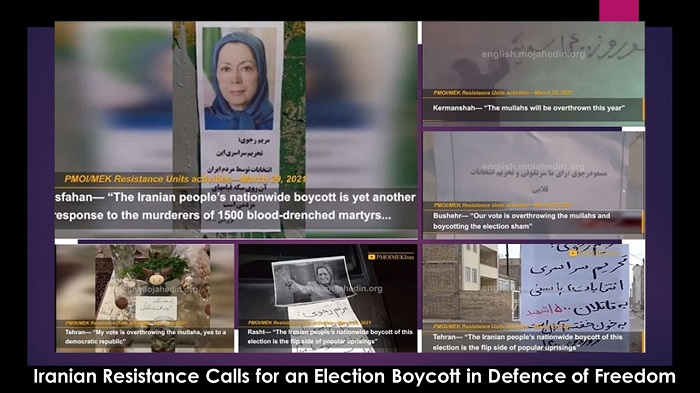
In the parliamentary election in February 2020, a similar boycott campaign was highly successful. The turnout in that election was the lowest in the Iranian regime’s history, even according to the regime’s own inevitably inflated figures.
Now, state-run media outlets are predicting a lower turnout for the presidential election. Some even go so far as to claim that a popular boycott could pave the way for new anti-government protests.
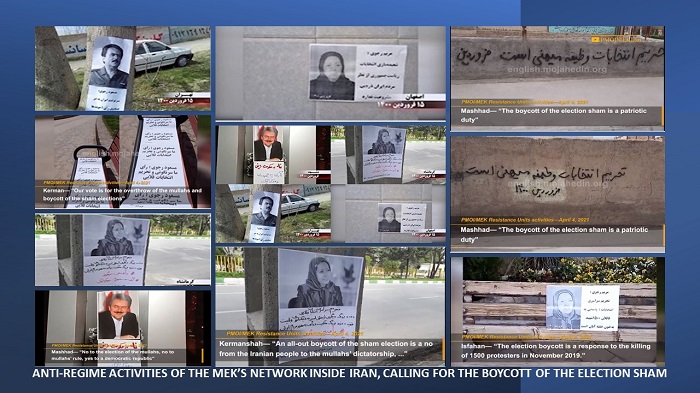
MEK Iran (follow us on Twitter and Facebook)
and People’s Mojahedin Organization of Iran – MEK IRAN – YouTube


